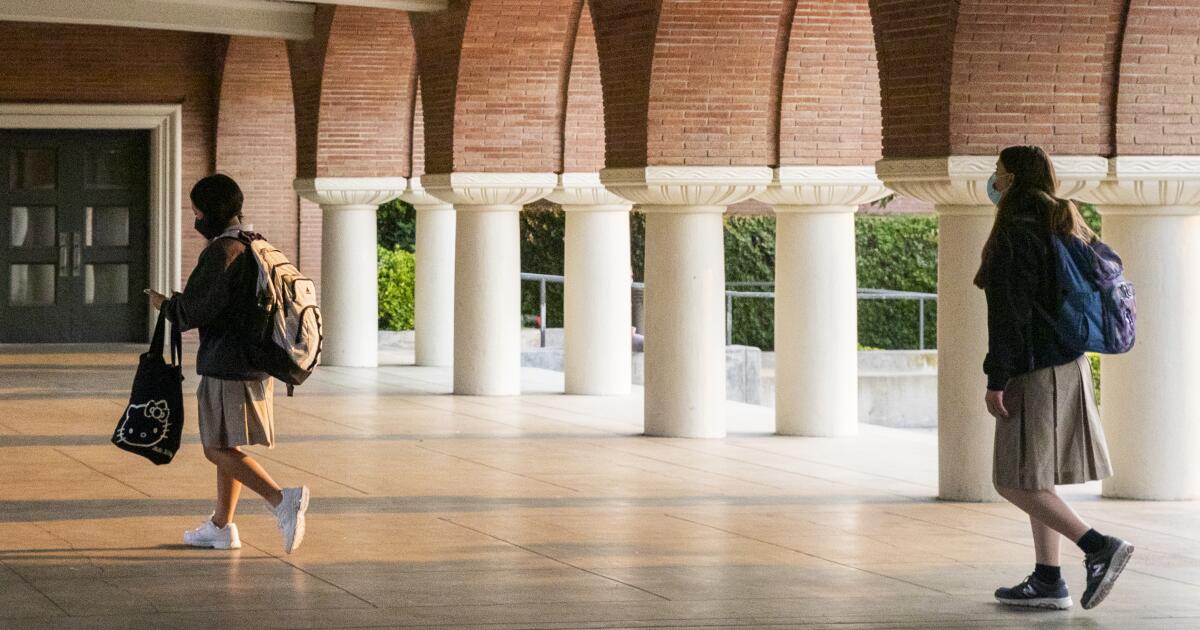Louisiana
Louisiana’s Major Disaster Declaration request approved

BATON ROUGE, La. (WAFB) – President Biden approved Governor Jeff Landry’s request for a Major Disaster Declaration for the State of Louisiana following Hurricane Francine.
This covers the following parishes
- Ascension
- Assumption
- Lafourche
- St. Charles
- St. James
- St. John the Baptist
- St. Mary
- Terrebonne Parishes.
More parishes may be added as damage is assessed.
“This federal assistance is vital to help Louisiana rebuild in the aftermath of Hurricane Francine. I appreciate the hard work our federal delegation, local officials, and our administration put in to get this over the finish line, ” said Governor Jeff Landry.
Residents and business owners who sustained losses in the designated areas can begin applying for assistance at DisasterAssistance.gov, by calling 800-621-FEMA (3362), or by using the FEMA App.
Click here to report a typo.
Copyright 2024 WAFB. All rights reserved.

Louisiana
Mardi Gras favorites with Louisiana Creole Gumbo

Louisiana
'I Considered Him A Son': Louisiana Horsemen Mourn Death Of Trainer Jason Faul

Louisiana
UL Lafayette launches Louisiana’s first applied computing Ph.D.

VIDEO: Fifth Graders Suit Up for Confidence at J.W. Faulk Elementary
Watch Lafayette Parish fifth graders dress professionally, learn etiquette, and gain confidence during J.W. Faulk Elementary’s first “Dress for Success” event.
For those interested in a Ph.D. in applied computing and information sciences, the University of Louisiana at Lafayette announced yesterday the launch of the new program.
According to UL Lafayette, the program is the first of its kind and will prepare students to make strategic, research-based leadership decisions and improve business efficiency.
“Unlike programs that focus solely on computer science or computer engineering, the applied computing and information sciences program examines technology from a user’s perspective — how people interact with systems and how information moves through organizations,” said Dr. Azmy S. Ackleh, dean of the Ray P. Authement College of Sciences, said.
The program also will emphasize the practical application of computing technologies, including artificial intelligence, data science, cybersecurity and machine learning, with a focus on organizational and business contexts.
UL Lafayette’s Graduate School said it is currently accepting applications for the program. Courses are set to begin with the Fall 2026 semester, both on campus and 100% online.
Dr. Mary Farmer-Kaiser, dean of the Graduate School, said the new Ph.D. program’s online delivery will allow students to enroll from anywhere in the country while maintaining their careers in the field.
Students complete the same curriculum, work with the same faculty, and meet the same degree requirements whether they attend online or on campus, according to Farmer-Kaiser. The program emphasizes advanced research, project management and problem-solving skills that prepare graduates for careers both inside and outside academia, while allowing working professionals to apply what they learn to real-world challenges, UL Lafayette said.
“A Ph.D. is no longer preparation for a single career path,” Farmer-Kaiser said. “It builds the depth of knowledge and transferable skills that are increasingly essential across today’s business, government and nonprofit sectors.”
Learn more about UL Lafayette’s new applied computing and information sciences Ph.D. program on campus and online.
-

 Politics1 week ago
Politics1 week agoWhite House says murder rate plummeted to lowest level since 1900 under Trump administration
-

 Alabama6 days ago
Alabama6 days agoGeneva’s Kiera Howell, 16, auditions for ‘American Idol’ season 24
-

 San Francisco, CA1 week ago
San Francisco, CA1 week agoExclusive | Super Bowl 2026: Guide to the hottest events, concerts and parties happening in San Francisco
-

 Ohio1 week ago
Ohio1 week agoOhio town launching treasure hunt for $10K worth of gold, jewelry
-

 Culture1 week ago
Culture1 week agoIs Emily Brontë’s ‘Wuthering Heights’ Actually the Greatest Love Story of All Time?
-

 News1 week ago
News1 week agoThe Long Goodbye: A California Couple Self-Deports to Mexico
-

 Politics1 week ago
Politics1 week agoTrump admin sued by New York, New Jersey over Hudson River tunnel funding freeze: ‘See you in court’
-

 Science1 week ago
Science1 week agoTuberculosis outbreak reported at Catholic high school in Bay Area. Cases statewide are climbing




















